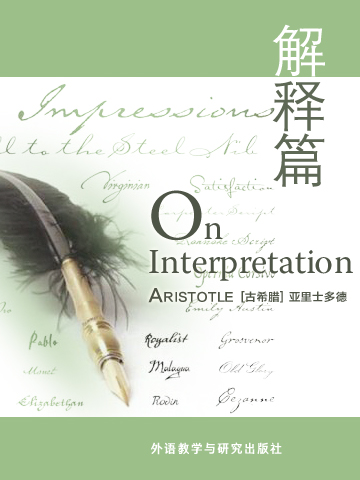Aristotle was a Greek philosopher and scientist born in Stagirus, northern Greece, in 384 BCE. His father, Nicomachus, died when Aristotle was a child, whereafter Proxenus of Atarneus became his guardian. At eighteen, he joined Plato's Academy in Athens and remained there until the age of thirty-seven (c. 347 BCE). His writings cover many subjects – including physics, biology, zoology, metaphysics, logic, ethics, aesthetics, poetry, theater, music, rhetoric, linguistics, politics and government – and constitute the first comprehensive system of Western philosophy. Shortly after Plato died, Aristotle left Athens and, at the request of Philip of Macedon, tutored Alexander the Great between 356 and 323 BCE. According to the Encyclopædia Britannica, "Aristotle was the first genuine scientist in history. ... Every scientist is in his debt."





















 京公网安备 11010802032529号
京公网安备 11010802032529号
笔记加载中...